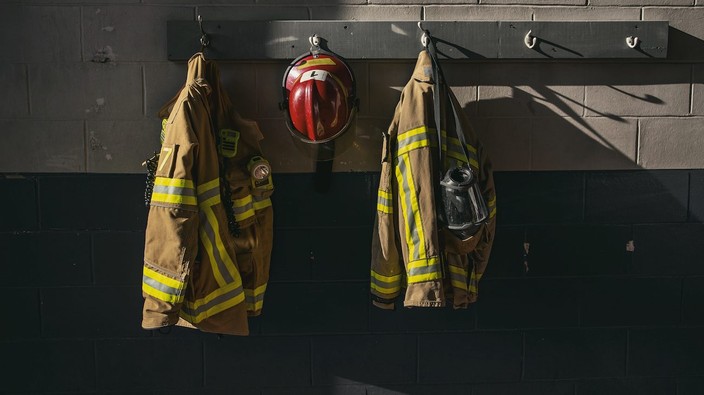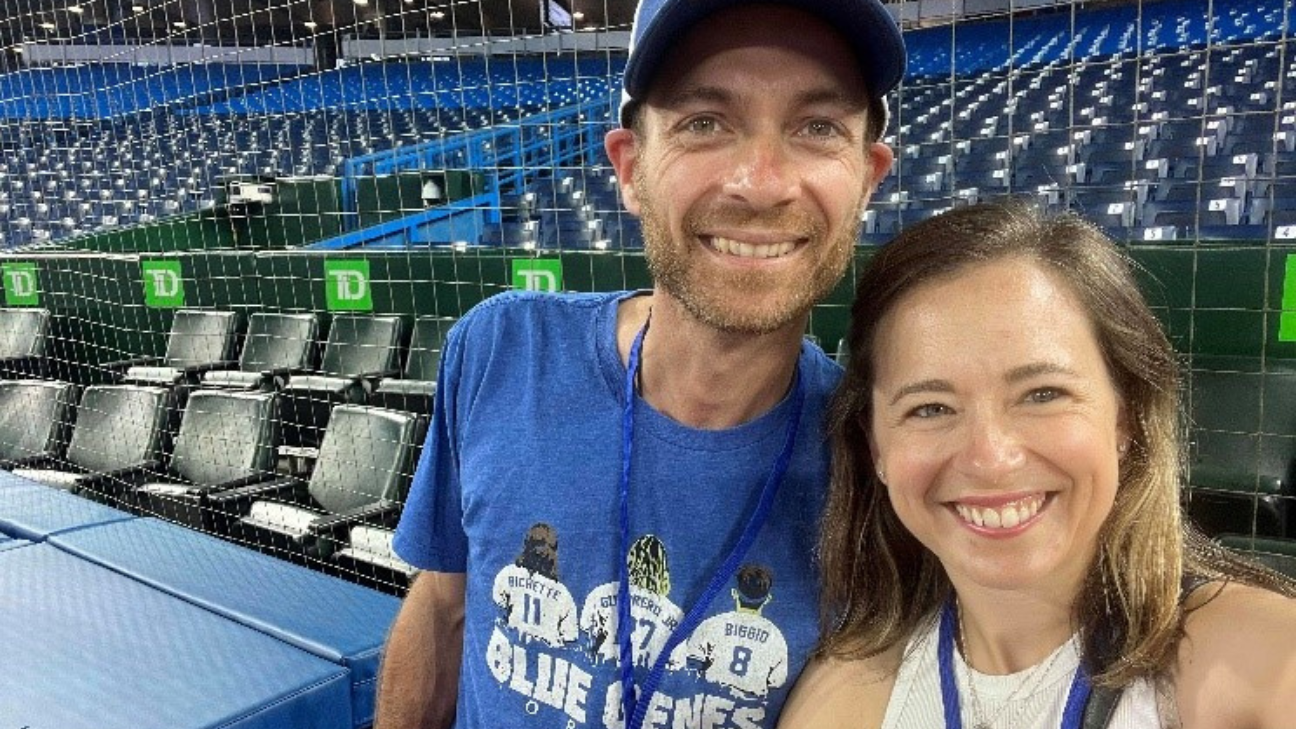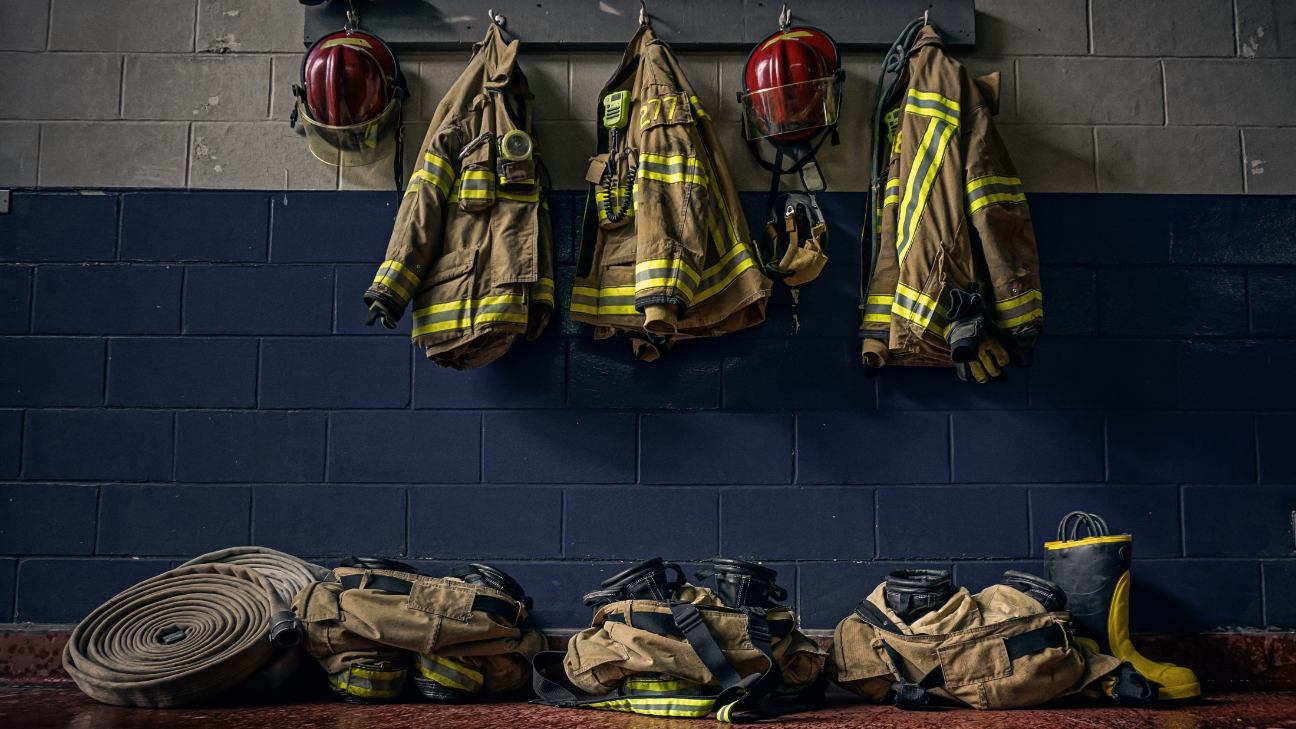two new symptoms of pancreatic cancer could lead to earlier diagnosis
thirst and dark urine were added to the list of 21 pancreatic cancer symptoms which include abdominal pain, flatulence, heartburn, fever, tiredness, appetite loss, itching and back pain.
machado: when it comes to what to say to someone who is grieving, there are no words
sometimes the most helpful thing to say someone who is grieving, whether it be the loss of a loved one, their health or a job, is nothing at all.
das boot director wolfgang petersen dead at 81 from pancreatic cancer
in a career that spanned over five decades, petersen directed stars like clint eastwood, harrison ford and brad pitt.
 5 minute read
5 minute read





















